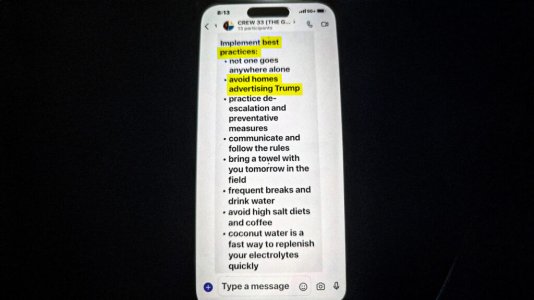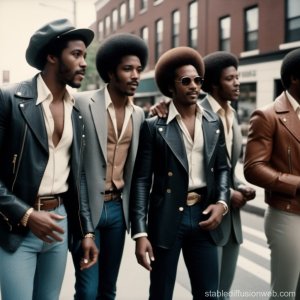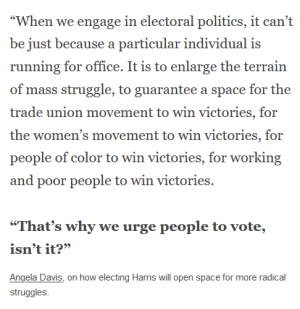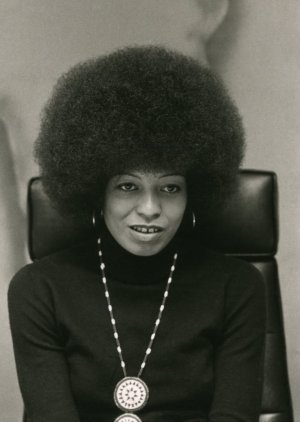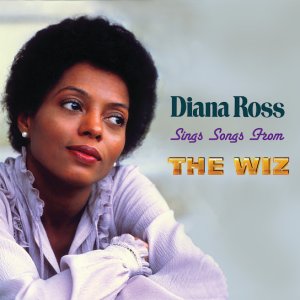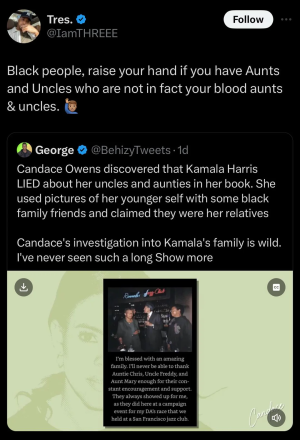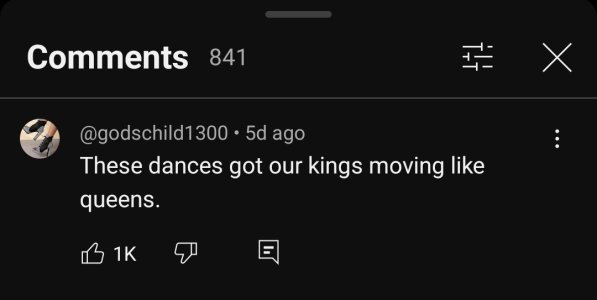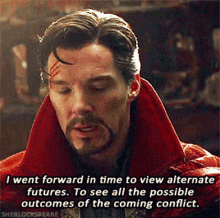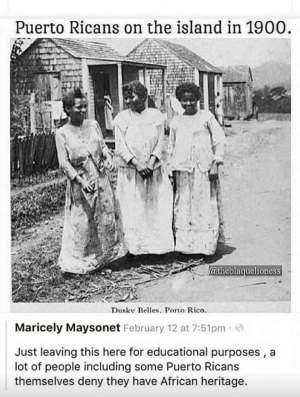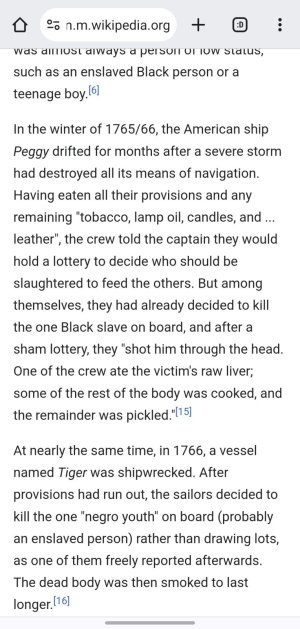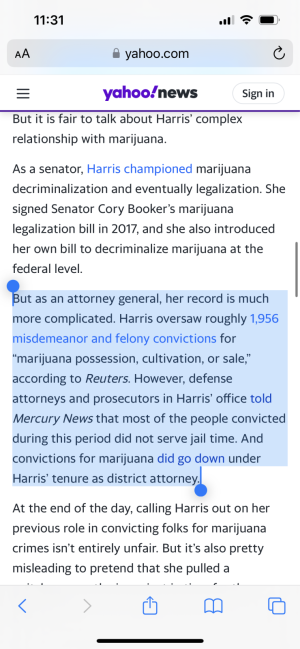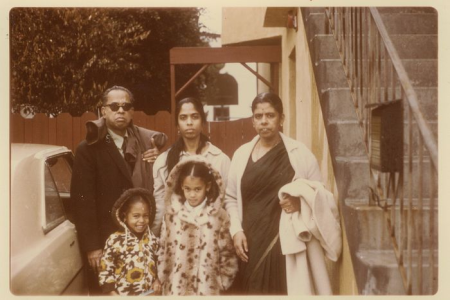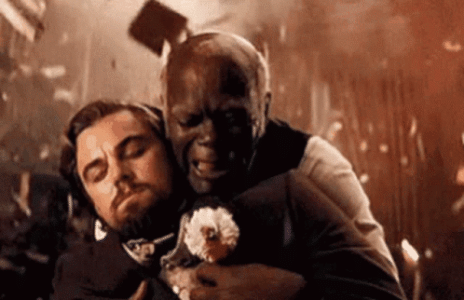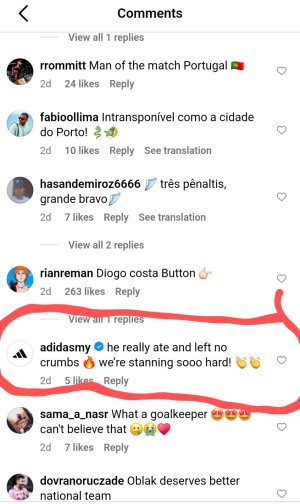I still remember it perfectly, more than 10 years later. It’s terrifying to be stopped in your car and approached by first one and then two more white police officers with their hands resting on their holstered guns. I kept my hands in plain sight on the wheel while they inspected my license and registration. On second thought, I recall thinking during the 15-minute stop, perhaps the scruffy sweats and baseball cap that were perfect for my spin class weren’t the best choices when you’re African American and you’ve just bought a red car. (Why didn’t I pick the gray Camry?) I was given a written warning about running a stop sign that I’d actually stopped at, but I knew better than to argue.
“Forty-five percent of blacks say they have experienced racial discrimination by the police at some point in their lives; virtually no whites say they have,” according to a recent New York Times/CBS News
nationwide poll. (I’m shocked the 45 percent figure isn’t higher, considering the stories African Americans tell each other all the time.) So when I share the trauma of that particular incident and so many like it – fraught interactions that may have involved a son (stopped driving a nice car in our nice neighborhood), nephew or friend – I expect, first of all, that I will be believed.
Yet whites are, frequently, disappointingly, incredulous. Very often a “friend’s” reaction that goes something like this: “I don’t think a police officer would stop anyone for no reason at all.” Or: “You must have done something suspicious.” Or my favorite: “If you haven’t done anything wrong, you don’t have anything to worry about.” I am not some child coming home with some tall tale, and I am certainly not a delusional liar.
I don’t expect much. Just nodding and acknowledging my words would be enough. Instead, jumping in to explain what must have really happened before I can finish a sentence means that – whether you realize it or not – you’ve shattered an important bond and traveled the distance from friend to acquaintance. I smile, make a mental note, and change the subject, realizing that with this person, topics from now on will be limited to rating entrées at the latest neighborhood bistro or judging whether the new Scorsese film shows the master back in top form.
In the national conversation about race, especially after a well-publicized confrontation like the one in Ferguson this summer, different sides don’t need to agree. But they do have to accept that the other side is speaking sincerely and from the heart. And whites need to believe blacks when we say what we’ve been through.
The discussions I’m talking about are those that have the potential to be most effective—ones that happen naturally, among people of different races who already interact with an easy rapport: the women who sweat together at the gym and compare aches and pains, the moms and dads at the PTA with questions about the new coach, neighbors exchanging tips on backyard gardens. It’s people who already share the ordinary, sometime mundane details of life. From there, it should be easy for one side to give the other the benefit of the doubt. (Yes, America is deeply segregated, but most people do have co-workers of different races; there are opportunities for interaction.)
That’s why it’s especially disappointing when some of the folks whose kids have enjoyed homemade blueberry pie at my kitchen table are the ones who greet my stories with blank stares or worse, excuses. When they deny my life experience, I know the friendship has its boundaries. These are educated people, but I wonder, were they asleep during history class or did they never read a book about the complicated history of America that makes Ferguson about much more than one 18-year-old, one policeman, and one suburban community?
I don’t get upset when a white friend recounts a bad interaction he or she has had with a black person to explain his or her view of me as an exception – much. Though I might recommend that friend get out more. A Public Religion Research Institute survey shows that
the social networks of whites are more than 90 percent white, the most homogeneous of any group. I might also ask if judging groups rather than individuals is any way to live life or an efficient way to enforce the law, since 90 percent of those stopped in New York City’s stop-and-frisk routine
resulted in nothing but aggrieved citizens.
Americans will never have a forthright conversation on race unless people listen with open minds. They have to believe, and be willing to learn. And most of all, they need an empathetic imagination. “When asked whether police forces should reflect the racial makeup of the communities they serve, nearly six in 10 blacks say yes; whites are about evenly divided,” wrote the Times. Would whites feel comfortable living in a predominantly white community policed by an overwhelmingly black force? I’ve been there when guests at a neighborhood holiday party congratulate themselves on living in an integrated community – and I’m the only black guest. Reverse the numbers and reflect; that’s all I ask.
Is this conversation – one that depends on racial trust – even possible? Given the episodes I’ve just described, you may wonder that I have any white friends at all. I do. (Insert cliché here.) Amid the more common chats about food and movies and why our kids won’t listen, we have those racial conversations, change each other minds, and agree to disagree. I married one of them. Our styles are completely different, but we respect each other’s experiences and opinions — and that was even before my husband had a black son, or skin in the game, so to speak.















